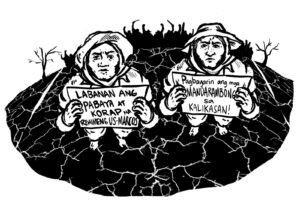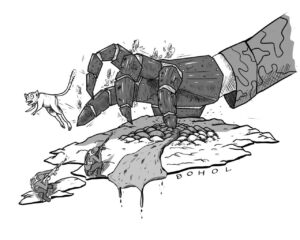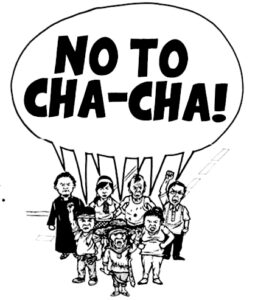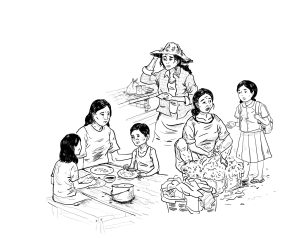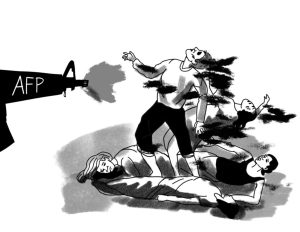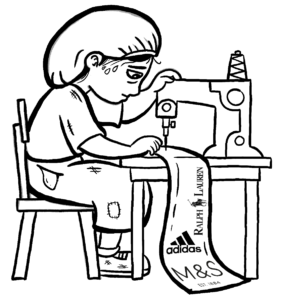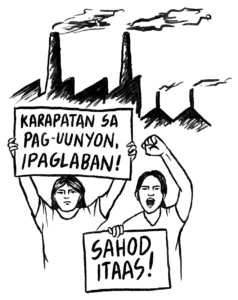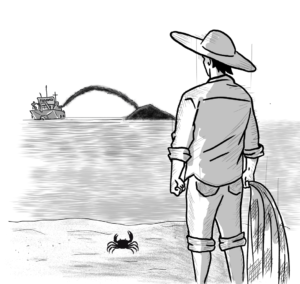The struggle of women workers in Bataan

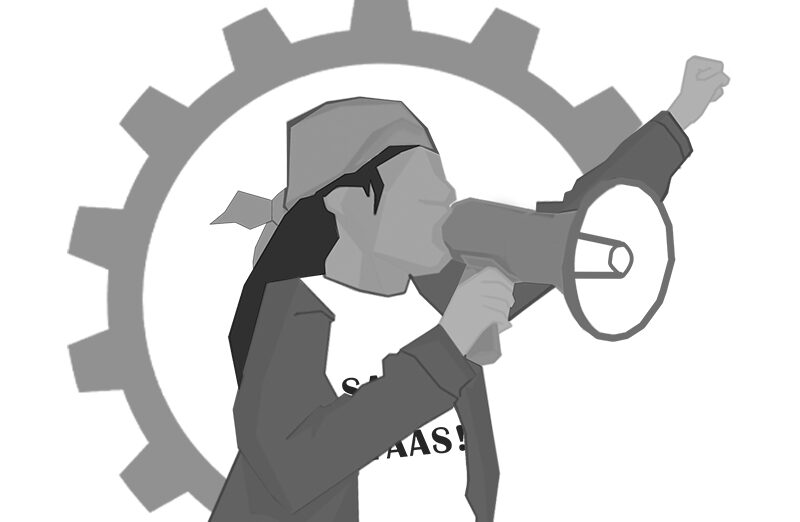
Inside the Freeport Area of Bataan (FAB), the first export processing zone in the Philippines, women workers dared to struggle at FCF Manufacturing Corporation, a company that exclusively makes products for global brands Coach and Kate Spade.
They voted to go on strike after the company said it would only grant a wage increase of ₱2 this year. This comes on top of management’s threats to transfer them from their jobs, or fire them outright. More than 1,000 voted in favor of the strike, while 100 voted against it, in the factory of 3,000 workers (regular and contractual).
FCF workers receive only ₱500, which is only 44% of the ₱1,142 living wage in Central Luzon. In addition, there are rampant violations of workers’ rights such as forced leave, illegal dismissal, and inhumane working conditions.
The strike vote is victory over the company’s brazen intimidation and repression. Before the vote, the management of FCF and its sister company FPF secretly gathered workers on February 26 to intimidate them and campaign against supporting the strike vote. They threatened to transfer workers with reduced benefits or fire them without pay.
FCF is owned by Fashion Focus Ltd, a China-based company. It sells Philippine-made manufactured products for ₱2,000 to ₱20,000 each. In 2022, the company earned ₱2.8 billion, contradicting claims it is unable to grant a wage increase, the workers said.
“Dirty” clothes
The garments industry in the Philippines, FCF among them, is part of a multi-billion dollar global industry employing 60 to 75 million workers worldwide. Up to 3/4 of them are women. Much of its production are in underdeveloped Asian countries. In 2023, its estimated revenue was at $1.74 trillion.
In a survey by the Clean Clothes Campaign, 93% of global brands pay less than living wages to workers in the industry. According to an Oxfam International research, less than 1% of the profits of global brands would be cut if workers were paid living wages.
In addition to underpaying and forcing workers to work overtime (up to 16 hours per day, seven days a week); unsafe working conditions (crowded, unventilated, and in the case of Bangladesh, dilapidated buildings); violence and abuse; widespread violations of the right to organize and bargain; forced labor; child labor and discrimination against women.
According to the International Labor Organization, garment factories are notorious for gender-based violence and harassment or GBVH. In Asia, 22.8% of women working in the industry reported experiencing at least one form of GBVH in 2021.

